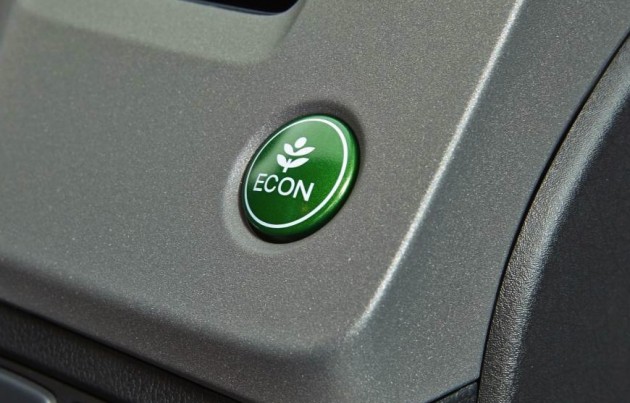In what could be one of the most significant fuel source discoveries in recent history, researchers at Harvard Medical School (HMS) have used bacteria to convert solar energy into liquid fuel.
Scientists claim this technology may well replace oil in the future as a power source, having used the electricity from a photovoltaic cell to yield hydrogen, which can later be used in fuel cells such as those found in some vehicles.
According to a Science Daily report, the team has created a system that uses bacteria to convert solar energy into a liquid fuel. Without getting too technical, an ‘artificial leaf’ using a catalyst helps sunlight split water into hydrogen and oxygen, while a bacterium was engineered to convert carbon dioxide plus hydrogen into a liquid fuel, isopropanol.
In the report, Pamela Silver, professor of biochemistry and Systems Biology at HMS, said,
“This is a proof of concept that you can have a way of harvesting solar energy and storing it in the form of a liquid fuel.”
A team made up of researchers from Harvard’s medical school, arts and sciences, and the Wyss Institute for Biologically Inspired Engineering are currently working on the project, admitting a large challenge at this stage is to increase the artificial leaf’s ability to translate solar energy into biomass by optimising the catalyst and bacteria.

